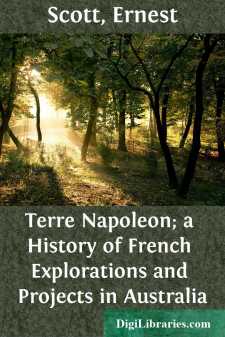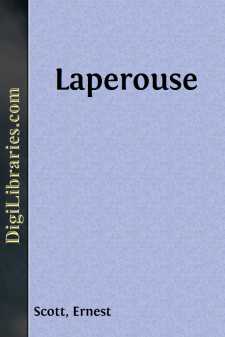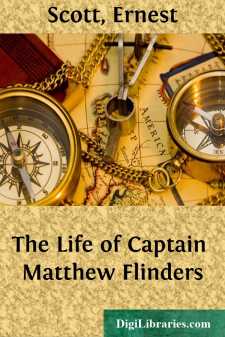Categories
- Antiques & Collectibles 13
- Architecture 36
- Art 48
- Bibles 22
- Biography & Autobiography 816
- Body, Mind & Spirit 145
- Business & Economics 28
- Children's Books 18
- Children's Fiction 14
- Computers 4
- Cooking 94
- Crafts & Hobbies 4
- Drama 346
- Education 58
- Family & Relationships 59
- Fiction 11831
- Foreign Language Study 3
- Games 19
- Gardening 17
- Health & Fitness 34
- History 1378
- House & Home 1
- Humor 147
- Juvenile Fiction 1873
- Juvenile Nonfiction 202
- Language Arts & Disciplines 89
- Law 16
- Literary Collections 686
- Literary Criticism 179
- Mathematics 13
- Medical 41
- Music 40
- Nature 179
- Non-Classifiable 1768
- Performing Arts 7
- Periodicals 1453
- Philosophy 66
- Photography 2
- Poetry 897
- Political Science 203
- Psychology 45
- Reference 154
- Religion 516
- Science 126
- Self-Help 86
- Social Science 82
- Sports & Recreation 34
- Study Aids 3
- Technology & Engineering 59
- Transportation 23
- Travel 463
- True Crime 29
Our website is made possible by displaying online advertisements to our visitors.
Please consider supporting us by disabling your ad blocker.
Terre Napoleon; a History of French Explorations and Projects in Australia
by: Ernest Scott
Categories:
Description:
Excerpt
PREFACE.
The main object of this book is to exhibit the facts relative to the expedition despatched to Australia by Napoleon Bonaparte in 1800 to 1804, and to consider certain opinions which have been for many years current regarding its purpose.
Until about five years ago the writer accepted without doubt the conclusions presented by leading authorities. One has to do that in regard to the vast mass of historical material, because, obviously, however much disposed one may be to form one's opinions on tested facts apart from the writings of historians, several lifetimes would not be sufficient for a man to inquire for himself as to the truth of a bare fraction of the conclusions with which research is concerned.
But it so happened that the writer was interested, for other reasons than those disclosed in the following pages, in ascertaining exactly what was done by the expedition commanded by Captain Nicolas Baudin on the coasts which were labelled Terre Napoleon. On scrutinising the facts somewhat narrowly, he was surprised to find that opinions accepted with unquestioning faith began to crumble away for lack of evidence to support them.
So much is stated by way of showing that the book has not been written to prove a conclusion formulated a priori, but with a sincere desire that the truth about the matter should be known. We read much in modern books devoted to the era of the Corsican about "the Napoleonic legend." There seems to be, just here, a little sporadic Napoleonic legend, to which vitality has been given from quarters whence have come some heavy blows at the larger one.
The plan adopted has been, after a preliminary sketch of the colonial situation of Great Britain and France in the period under review, to bring upon the scene—the Terre Napoleon coasts—the discovery ship Investigator, despatched by the British Government at about the same time as Napoleon's vessels were engaged upon their task, and to describe the meeting of the two captains, Flinders and Baudin, in Encounter Bay. Next, the coasts denominated Terre Napoleon are traversed, and an estimate is made of the original work done by Baudin, and of the serious omissions for which he was to blame. A second part of the subject is then entered upon. The origin of the expedition is traced, and the ships are carefully followed throughout their voyage, with a view to elicit whether there was, as alleged, a political purpose apart from the scientific work for which the enterprise was undertaken at the instance of the Institute of France.
The two main points which the book handles are: (1) whether Napoleon's object was to acquire territory in Australia and to found "a second fatherland" for the French there; and (2) whether it is true, as so often asserted, that the French plagiarised Flinders' charts for the purpose of constructing their own. On both these points conclusions are reached which are at variance with those commonly presented; but the evidence is placed before the reader with sufficient amplitude to enable him to arrive at a fair opinion on the facts, which, the author believes, are faithfully stated....




